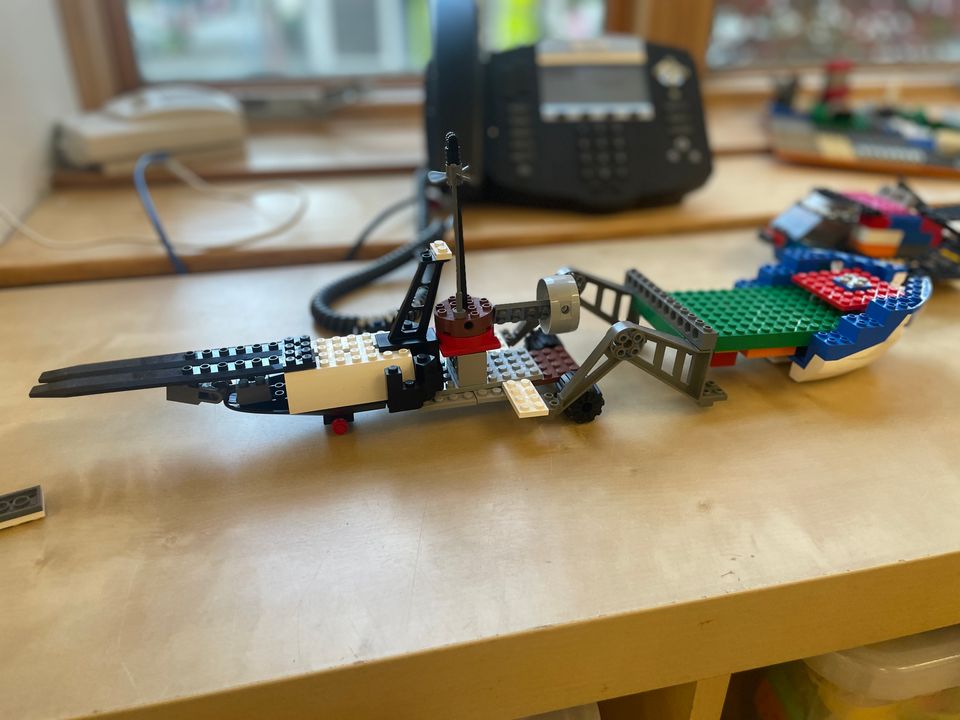What I read/listen this week (week of 10/03/2022)

What I read this week
TikTok’s next internationalization move
- Singapore gains all the momentum
Venture Firms’ $290 Billion ‘Dry Powder’ is About to Revive Startup Funding
- VC is retaining bullets for next year, hopefully
- It's being a year since the whistleblower, Frances Haugen, blowed out, and the beginning of the declining of Meta.
What Americans Don’t understand teachers and professors
- Given that education has become polarized and politicized, it makes sense that educators feel misunderstood and underappreciated.
6 strategies to lead through uncertain
Surviving ‘Tech Bubble 2.0’: What High-growth Companies Should Do
- What ideas and experiences we can borrow from the 2000 tech bubble when facing this downturn
What I listen this week
- When a startup launches a new product, it's tempting to ramp its sales force too quickly. Often, this leads to a crash-and-burn scenario for companies that failed to learn what it took for the *entire organization* to achieve product-market-fit. In this lesson of greatness, Mike Maples, Jr of FLOODGATE discusses how Mark Leslie's Sales Learning Curve framework helps startups keep themselves honest about their progress toward product-market fit, rather than falling into the trap of wishful thinking that usually leads to disaster.
Evidence based research on happiness
I think happiness takes work. Like all good things you got to put in some work to get there, and part of that work is understanding the misconceptions. But part of that work is, we don’t often have the best instincts about what will make us happy. The things that we want to do in life are not necessarily the things we’re really going to enjoy, or like, or that will give us a meaningful life.
But part of happiness really is about being present. There’s so much evidence that when we’re mind wandering, when we’re not fully present, that that’s a time when we’re also not very happy.
One of my favorite most profound effects is the effect of taking a little time for gratitude, the simple act of counting your blessings. There’s evidence that in as little as two weeks, the simple act of writing three to five things you’re grateful for down on a piece of paper can significantly improve your wellbeing.
I think one thing that’s useful for parents to remember is about the science of emotional contagion, that we naturally catch other people’s emotions. If you are embodying calm and this is going to be fine and everything’s okay, then kids are going to follow that. If you’re embodying anxiety and like, “Oh my gosh, this is so important,” kids are naturally going to catch that too.
Little Thoughts
from fs.blog
one
"Truth is not as straightforward as it seems. There are different ways to speak truth, not all of them honest. On most issues, there are multiple truths we can choose to communicate. Our choice of truth will influence how those around us perceive an issue and react to it. We can select truths that engage people and inspire action, or we can deploy truths that deliberately mislead. Truth comes in many forms, and experienced communicators can exploit its variability to shape our impression of reality."
two
The best way to improve your ability to think is to spend time thinking.
One way to force yourself to slow down and think is to write. Good writing requires good thinking.
Clear writing gives poor thinking nowhere to hide, making a lack of understanding visible.
